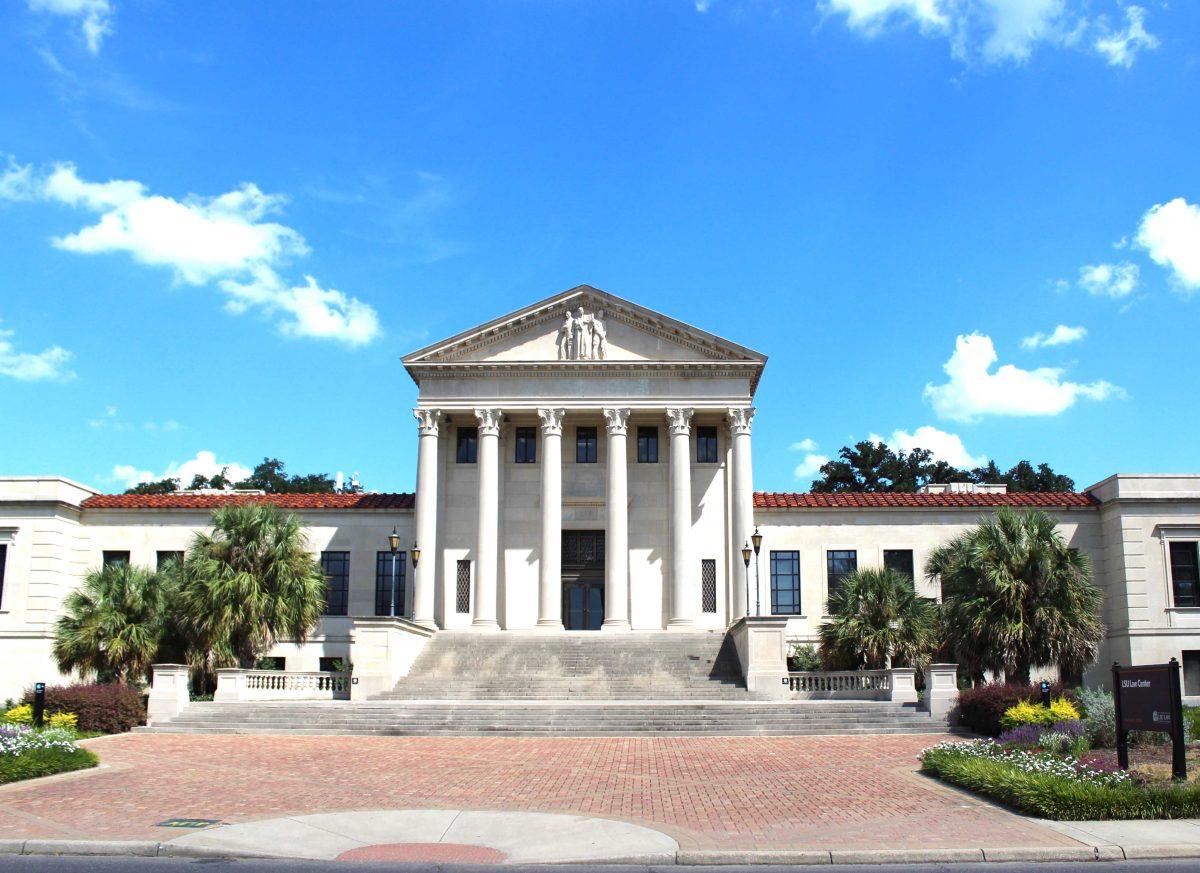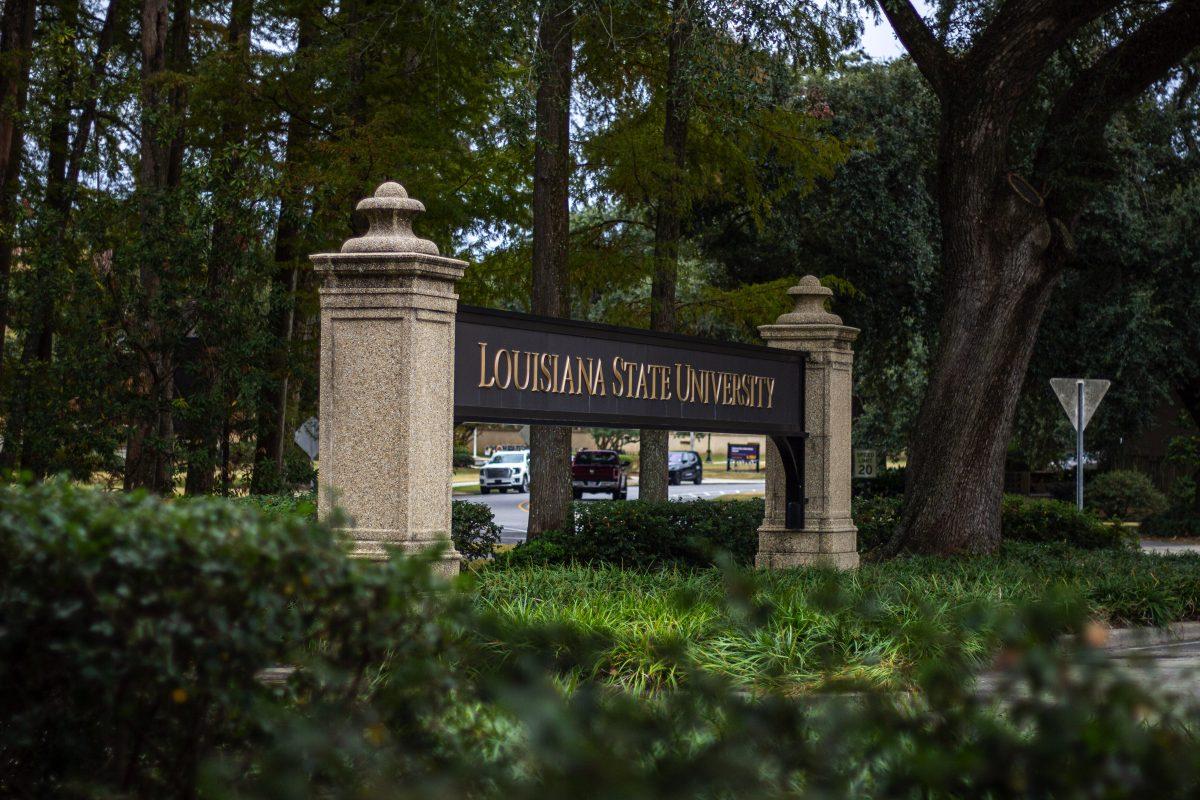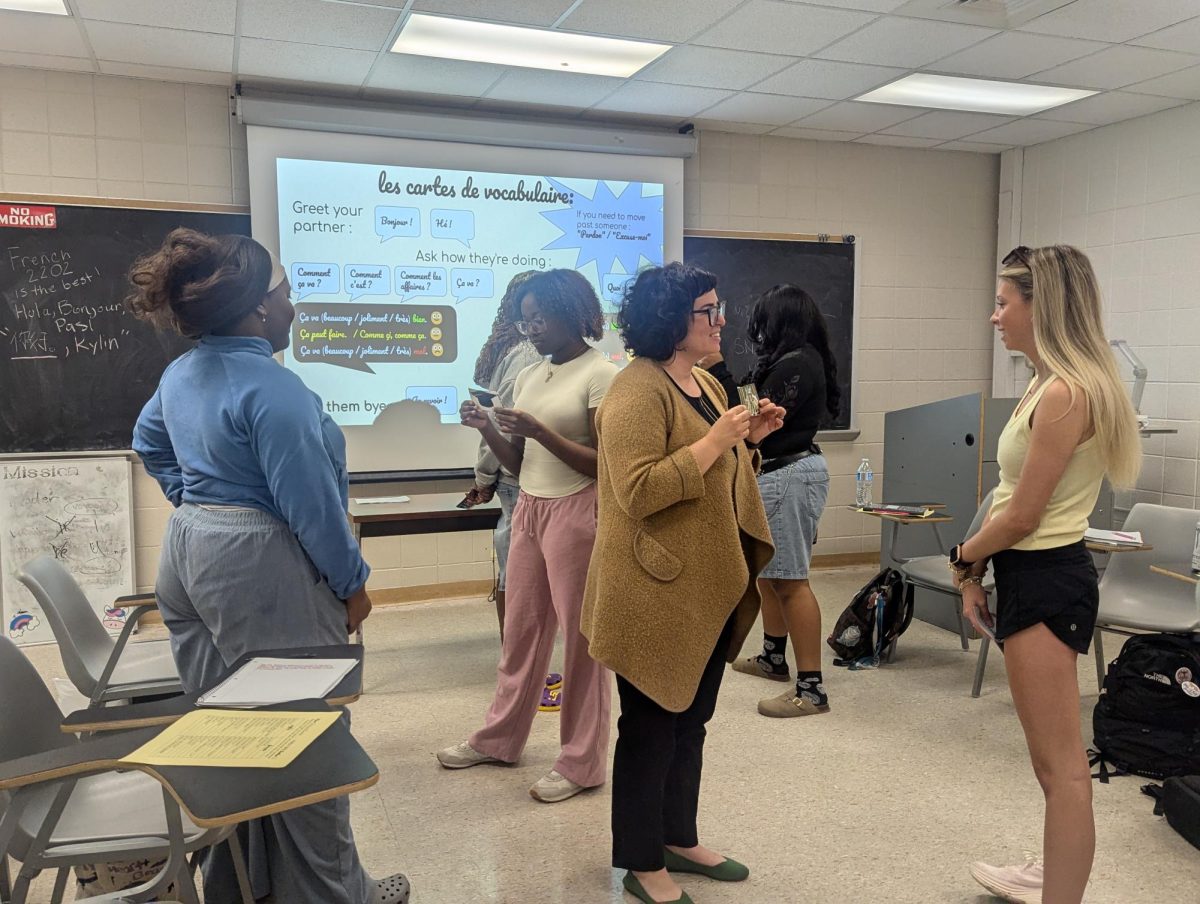Shortly after President Donald Trump’s election, Kaplan Test Prep conducted a survey of pre-law students and their possible future political aspirations. Fifty-three percent of students surveyed said they were interested in entering politics at some point in their career.
Kaplan last conducted the survey in 2012, shortly after former President Barack Obama was elected to his second term. The response was considerably lower, with only 38 percent of students surveyed expressing a desire to start a political career. This result came four years after the survey’s all-time high result, 54 percent in 2008.
Entering politics with a law degree is not a foreign concept. Louisiana Gov. John Bel Edwards and U.S. Sen. John Kennedy, R-Louisiana, both graduated from law school. Twenty-five former presidents graduated with a law degree, showing that the fields of politics and law often intersect.
The main reservation many pre-law students face when entering politics is having to stand up for personal beliefs and values, according to Jeff Thomas, Kaplan’s executive director of pre-law programs. Thomas explained the difficulty in balancing a knowledge of law, personal agenda and a coherent and balanced argument.
“When it comes to expressing political beliefs in your law school personal statement, we advise applicants to do it only when you can do a good job of weaving together your personal narrative and career goals,” Thomas said. “If you want to go into public interest law, by all means, talk about your college internship in the governor’s office or your canvassing job for an advocacy group. But just to spout your political opinions with no larger goal may alienate admissions officers who don’t agree with you or who think you didn’t use your personal statement wisely. It can show poor judgement.”
Many pre-law students and analysts feel recent government turnover has resulted in the rise in political aspirations among students. Sara Grace Sirera, a pre-law student at the LSU Paul M. Hebert Law Center, said the sweeping changes under Trump’s administration have made law students realize what their political ideals are and emboldened their desire to stand up for them.
“[Law students] are realizing what issues really matter to them and the impact their voice can have,” Sirera said. “While the legal profession is still pretty lucrative, I think this generation is driven more by the desire to make a difference and help others than the opportunity to make an impressive salary, so they’re using legal experience to achieve that goal through politics.”
The Paul M. Hebert Law Center received 857 applications for the fall 2016 semester, making it one of the nation’s largest pre-law institutions. Some of the top law schools across the country have been accepting fewer pre-law applications since 2011, according to an article by Bloomberg’s Natalie Kitroeff. This was a conscious decision by many universities in response to the difficulty of finding a job many law school graduates faced upon graduation. Applications dropped as a result.
“Since 2011, Michigan Law, considered one of the country’s top law schools, has cut its first-year class by 26 percent,” Kitroeff wrote in January. “The number of applicants to the school fell 20 percent over that period, according to data from the American Bar Association.”
These numbers could begin trending in the opposite direction as a result of the growth in political interest. If the expected 53 percent does pursue a career in the political arena, rather than in courtrooms, the remaining 47 percent shouldn’t have much difficulty finding a job after all.
Kaplan Test Prep survey shows increased interest among pre-law students in political careers
By Evan Saacks
March 10, 2017
Paul M. Hebert Law Center
More to Discover










